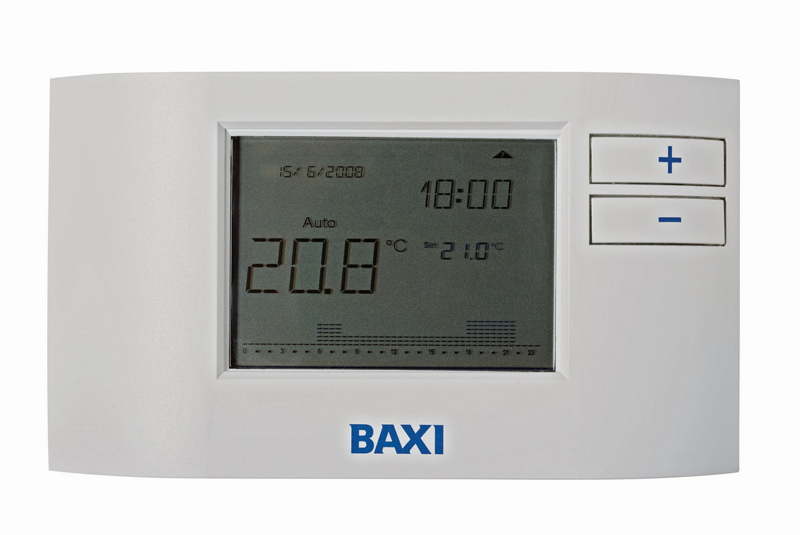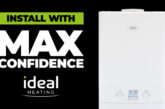
With smart technology increasingly becoming a part of daily life, it’s unsurprising that homeowners are looking for the same level of functionality when it comes to heating. However, whilst smart home technology is undoubtedly a hot topic, there is still ambiguity about what smart and connected actually mean when it comes to heating systems. Jon Phillips, Head of Product Management at Baxi, breaks down the need-to-know terminology.
In the age of the iPhone, consumers expect a certain standard of connectivity from their products. What’s more, they are becoming more aware of how smart technology has the potential to help them save money when it comes to household controls.
In fact, a recent report conducted by Barclays Mortgages found that the rising demand for smarter homes is directly linked to financial savings and the potential added value to a home. Nearly a third of homeowners reported a belief that connected technology can not only make a home far more economically efficient, but can add worth too.
But what are the key terms to be aware of when it comes to smart and connected heating systems? And what are the differences between the two? Here is a quick and easy guide to the related jargon an installer may encounter.
Smart controls
First things first, what exactly defines a smart control? In general terms, a smart system incorporates various sensing functions and controls in order to analyse a situation, and make decisions based on the available data in order to perform smart actions.
Relating this back to a smart heating system, the smart control unit is linked to the boiler and the internet, and is able to provide information to the user about what the boiler is doing – for example, if it is on/off, or any fault codes. These controls can be remotely operated to adjust and schedule temperature levels via an app on a smartphone or tablet.
What’s more, certain smart control units are capable of learning from user behaviour and the temperature response of the home, and can operate independently without user input.
Intelligent controls
Unlike a smart control, an intelligent control may not be connected to the internet. In simple terms, an intelligent control unit is similar in function to a smart control (so it can control temperatures and take into account outdoor weather conditions), but without a connection to the internet and the associated features which go with that. This means that this type of control is not enabled for remote operation, and cannot be controlled via an app.
OpenTherm
OpenTherm is a system of communication which is not specific to any particular manufacturer. It allows boilers and controls to communicate information from one to the other. Products which are optimised for OpenTherm will display the logo.
The level of what can be communicated depends on the individual unit and the functionality built in by the manufacturer.
One major benefit of OpenTherm is that it allows the amount of heat provided by the boiler to be altered to match varying demands by reducing the flow temperature to a minimum as it leaves the boiler. This modulation helps boiler efficiency by running at lower flow temperatures for longer periods of time. Now that more and more OpenTherm compatible boilers are available on the UK market, installers can offer this additional layer of ‘smart’ to customers.
Connected boilers
A connected boiler can report internal information related to its running, diagnostic and performance back to the manufacturer over the internet. The communication system between the boiler and the manufacturer varies, using different protocols and gateways.
This means that the manufacturer can monitor the unit remotely, and advocate preventative maintenance if a possible fault is identified. Similarly, a connectable boiler will be optimised so that it can become a connected boiler at a later date.
Baxi has just launched its first range of smart boilers. The new Baxi 200 and Baxi 400 combis are compatible with the latest smart controls, meaning that customers can control them from wherever they are, via a tablet or smartphone.
We also offer smart home technology training. Recently, we partnered with Nest to give installers the chance to become an expert on the Nest Learning Thermostat and remain on the pulse of smart technology. Installers who complete the course receive Nest Pro accreditation.
As the market for smart technology continues to mature, it is inevitable that it will become an increasingly central part of heating system installation. In light of this, it’s crucial for installers to cut through the ambiguity and develop an understanding which will allow them to help their customers choose the right smart or connected option for them.













